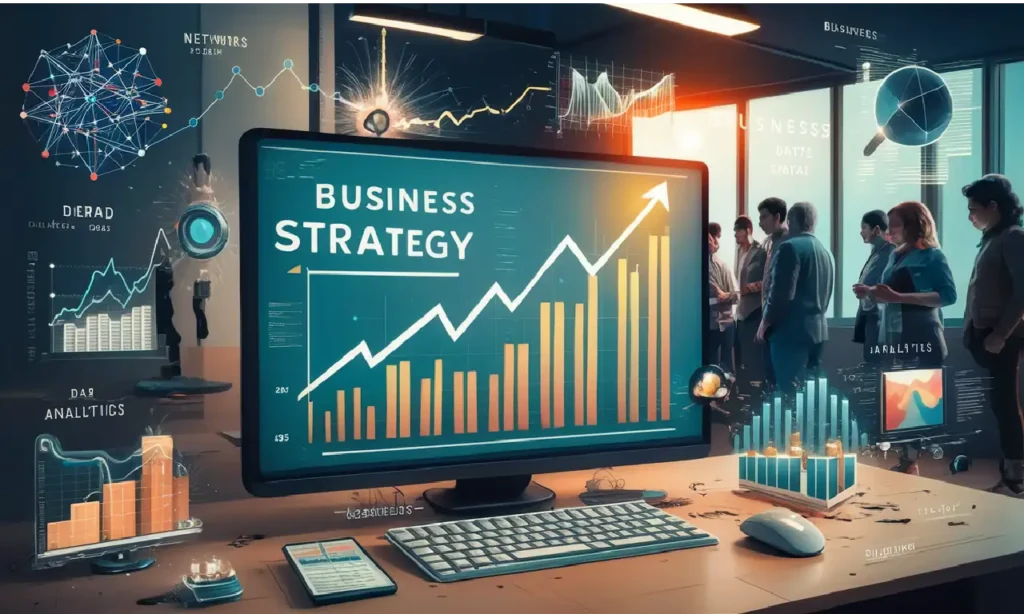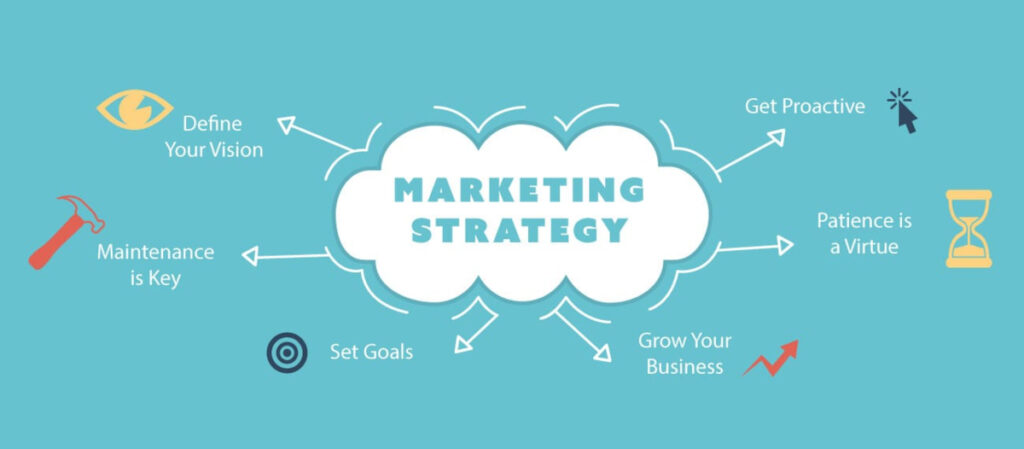Introduction: In today’s rapidly changing business landscape, sustainability has emerged as a key driver of growth and innovation. As companies strive to remain competitive while minimizing their environmental footprint and fostering social responsibility, sustainable growth strategies have become imperative. In this article, we will explore various approaches and best practices that businesses can adopt to achieve sustainable growth and contribute to a greener future.
Embracing Circular Economy Principles: Discuss the concept of the circular economy and how businesses can transition from a linear “take-make-dispose” model to one that promotes resource efficiency, waste reduction, and product lifecycle management. Highlight examples of companies successfully implementing circular economy principles to minimize waste, conserve resources, and create value from by-products.
Investing in Clean Technology and Renewable Energy: Examine the importance of investing in clean technology and renewable energy sources to reduce carbon emissions, mitigate climate change risks, and lower operational costs. Showcase case studies of businesses incorporating solar power, wind energy, and energy-efficient technologies into their operations, resulting in long-term sustainability and profitability.
Prioritizing Stakeholder Engagement and Social Responsibility: Explore the role of stakeholder engagement and social responsibility in driving sustainable business growth. Discuss the significance of transparent communication, ethical sourcing practices, and community engagement initiatives in building trust and enhancing brand reputation. Highlight companies that have successfully integrated social and environmental considerations into their business strategies, fostering long-term relationships with customers, employees, and communities.
Fostering Innovation and Collaboration: Highlight the importance of fostering a culture of innovation and collaboration within organizations to drive sustainable growth. Discuss how businesses can leverage cross-functional teams, partnerships with startups, and open innovation platforms to identify and implement sustainable solutions across their value chain. Showcase examples of companies embracing disruptive technologies, such as blockchain, artificial intelligence, and Internet of Things (IoT), to optimize resource use, streamline operations, and create new revenue streams.
Measuring Impact and Setting Clear Goals: Emphasize the importance of measuring impact and setting clear sustainability goals to track progress and drive continuous improvement. Discuss the value of adopting frameworks such as the UN Sustainable Development Goals (SDGs) or the Global Reporting Initiative (GRI) for reporting on environmental, social, and governance (ESG) performance. Showcase companies that have implemented robust measurement and reporting systems to monitor their sustainability performance and drive accountability at all levels of the organization.
Supply Chain Optimization and Ethical Sourcing: Discuss the importance of optimizing supply chains for sustainability, including reducing transportation emissions, minimizing waste, and ensuring ethical sourcing practices. Explore how businesses can collaborate with suppliers to promote fair labor practices, support local communities, and reduce environmental impact throughout the supply chain.
Green Product Innovation and Eco-Design: Examine the role of green product innovation and eco-design in driving sustainable growth. Highlight strategies for designing products with minimal environmental impact, including using recycled materials, reducing packaging waste, and designing for longevity and recyclability. Showcase companies that have successfully launched eco-friendly products, capturing consumer demand for sustainable alternatives.
Employee Engagement and Green Workplace Initiatives: Explore the importance of employee engagement and green workplace initiatives in fostering a culture of sustainability within organizations. Discuss strategies for promoting sustainability awareness, encouraging employee participation in green initiatives, and incentivizing eco-friendly behaviors. Showcase companies that have implemented employee-led sustainability programs, resulting in cost savings, improved morale, and enhanced corporate citizenship.
Green Marketing and Brand Differentiation: Highlight the role of green marketing and brand differentiation in positioning businesses as leaders in sustainability. Discuss strategies for communicating sustainability initiatives effectively to customers, including eco-labeling, transparent reporting, and storytelling. Showcase companies that have successfully differentiated their brands through authentic sustainability messaging, attracting environmentally conscious consumers and driving brand loyalty.
Regulatory Compliance and Future-Proofing: Examine the importance of regulatory compliance and future-proofing in sustainable business growth. Discuss the evolving regulatory landscape, including carbon pricing mechanisms, emissions trading schemes, and sustainability reporting requirements. Highlight the benefits of proactively addressing regulatory risks and incorporating sustainability into long-term strategic planning to ensure resilience and competitiveness in a changing business environment.
Conclusion: In conclusion, sustainable growth strategies offer businesses a pathway to long-term success, resilience, and positive societal impact. By embracing circular economy principles, investing in clean technology, prioritizing stakeholder engagement, fostering innovation, and measuring impact, companies can navigate towards a greener future while unlocking new opportunities for growth and innovation.




